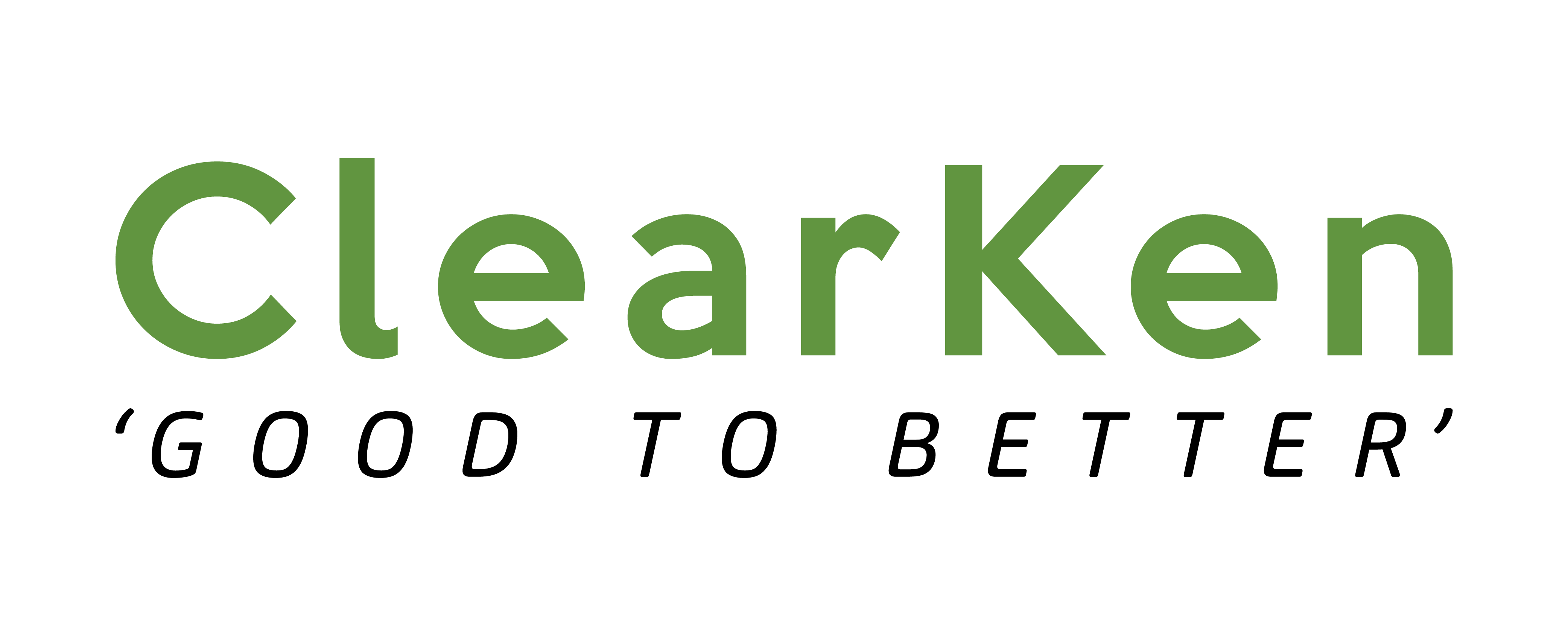Emerging trends and shifting expectations by B2B buyers require new strategies, techniques and tools
Client feedback and our research has revealed that the pandemic and subsequent reactions have permanently shifted buying behaviors in B2B which will make skills development in virtual selling more important.
What is Virtual Selling?
Virtual selling is defined as a combination of processes, technology and platforms, through which salespeople remotely engage with prospects and customers.
With a more than half of all knowledge workers in the US and Europe now working remotely (defined by one full day a week or more working away from a physical office), from less than a third in 2019, a hybrid workforce is the new reality.
Other nations, including India and China, will also increase the share of people working remotely. Cultural differences, such as Asian nations adopting fully-remote environments less than the U.S. and UK will have to be accounted for. However, remote adoption— whether total or partial — has changed forever how people view, research, select and buy products and services.
Emerging Sales Trends & Shifting Buyer Expectations
Sales leaders will have to respond to changes in how people buy through an understanding of:
Adopting New Sales Strategies and Tactics
Sales leaders and professionals are used to adopting new strategies, tools and tactics to reach customers, but creating successful virtual sales is among the most challenging, including calls to:
Virtual Selling Challenges
Sales and sales enablement leaders must prepare for, execute and follow up on virtual customer meetings and sales presentations against new dynamics that include:
Virtual Sales Training Programs
ClearKen Virtual Sales Training prepares sales leaders and executives with practical, actionable plans that include:
Long-Term Virtual Selling Strategies
- Assessing customers’ digital footprint
- Selecting Interaction Methodologies
- Use of Collaboration, AI, Messaging and Cloud-Based Platforms
- Review of Existing Tech Stack for Relevance
- Determining Optimal Tech Stack and tools
- Determining the value of live and virtual interactions
- Determine major project milestones for virtual/remote meetings
- Stakeholder Identification and Engagement Planning
Creating Pre-call, Opportunity and Account Plans and Coaching Programs that include:
Meeting/Call Planning
- Meeting Objectives, Agendas and Desired Outcomes
- Meeting Cadence and Prospect/Customer Expectations
- Call/Meeting Participant Roles
- SME Deal Support.
Sales Enablement
- Tailored training content design and development for Virtual Selling
- Adaptation of existing skills to new virtual selling skills.
Enhanced Communications and Collaboration
- Ensuring Readiness for Hybrid Work Environments
- Effecting a Clear Communication Cadence and Recognition Programs
- Seller Recognition Programs

